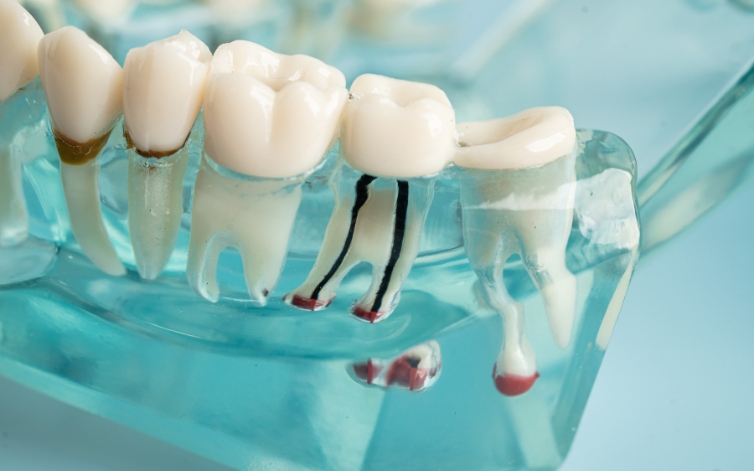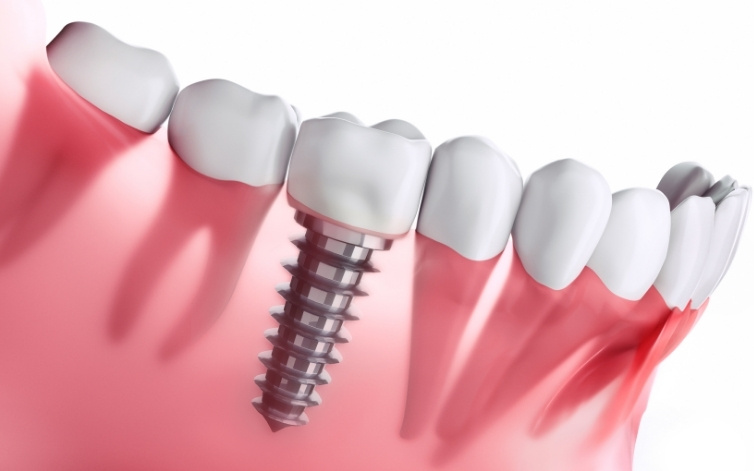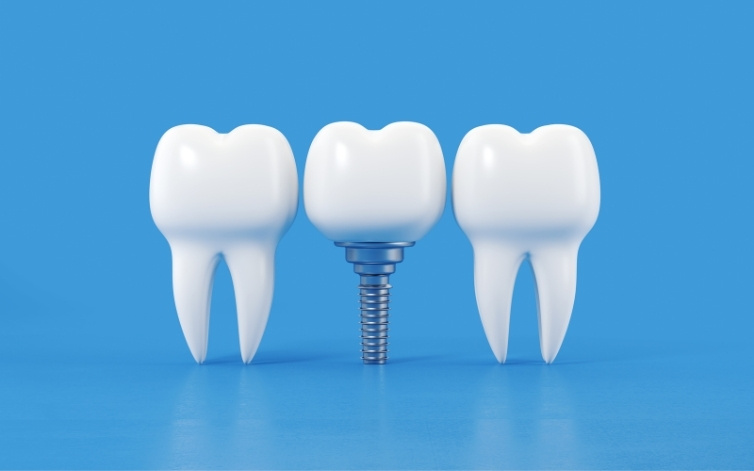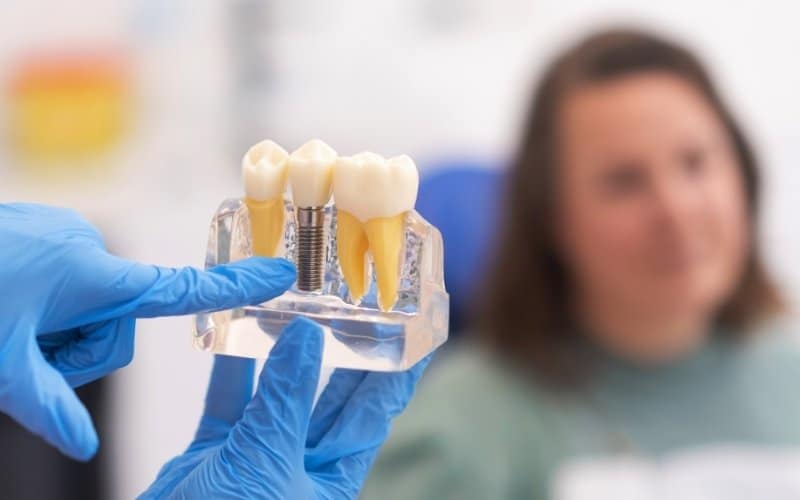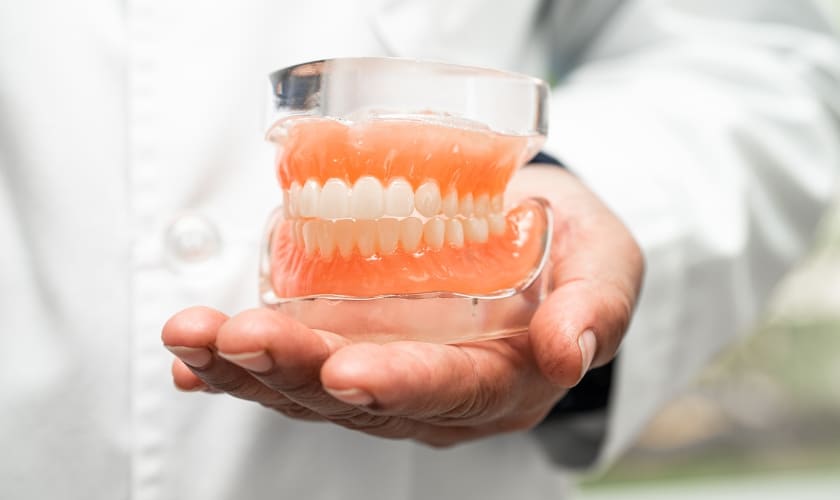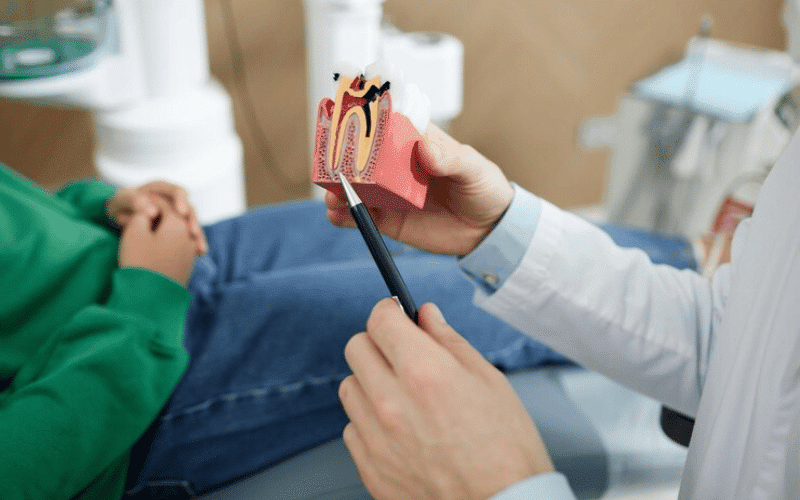Are you facing the issue of a toothache? Do you wonder if a root canal is the answer?
If so, you are not alone. Root canals can be intimidating. Many people believe they are the sole means of repairing a cracked tooth.
However, are they always the answer? There are many misconceptions about root canals. Read this blog to know when exactly this treatment is necessary.
What is a Root Canal?
A root canal is a common dental treatment. It involves cleaning, disinfecting, and sealing a tooth’s pulp chamber and root canals. The pulp houses nerves, blood vessels, and tissue.
When infected or damaged, the pulp must be extracted to stop further damage. Dentists use root canals to treat painful tooth decay, infection, or trauma that hurts the tooth pulp.
The procedure remarkably saves a damaged tooth and alleviates the pain. Therefore, this treatment has become an essential choice when it comes to maintaining oral health.
Reasons Behind Damaged Teeth
Teeth become damaged through various means, which all need varying care. Decay and cavities are usual perpetrators. If you leave them untreated, they progress to deeper structures of the tooth, into the pulp.
Crack or break due to trauma or injury is another possibility. They result in pulp exposure. Pain and swelling commonly follow neglected decay, often accompanied by infections. If you notice symptoms such as persistent toothache, sensitivity to heat or cold, or noticeable cracks, you must consult a dentist.
Swelling near the tooth or a foul taste in your mouth can also be indications that the pulp is infected. These signs, if left unaddressed, can lead to further problems.
How Does a Root Canal Help?
A root canal Oak Forest eliminates infected or damaged pulp and essentially saves the tooth. It also significantly reduces the infection, alleviates pain, and prevents the spread of bacteria.
After the pulp is extracted, the area is filled with a specific material and closed. A crown is typically placed on top to restore the tooth’s strength and function. The advantages of choosing a root canal are avoiding tooth extraction, preserving your natural tooth, and maintaining your oral health.
If a root canal is not an option, your dentist can recommend alternatives such as tooth extraction or antibiotics. Extraction, however, usually results in the necessity for implants or bridges, which are expensive and involve additional dental procedures.
A root canal provides a more conservative, long-term solution and bypasses the intricacies of filling in a missing tooth.
When Is a Root Canal Necessary?
A root canal becomes necessary when a tooth’s pulp has extensive damage, such as in the case of severe decay or infection. Once the infection reaches the root, it can result in severe pain, swelling, or even an abscess.
Should you have tooth pain while chewing, recurring aching teeth, or swelling in the gums, a root canal might be called for. However, if the injury is minor, such as a small cavity or a crack that does not extend into the pulp, a root canal may not be necessary.
Treatment at the early stages can often salvage the tooth using less aggressive treatments. Therefore, it is always best to consult with your dentist.
Don’t wait too long. Addressing tooth damage early can significantly prevent more serious complications later. Call our dentists now.

